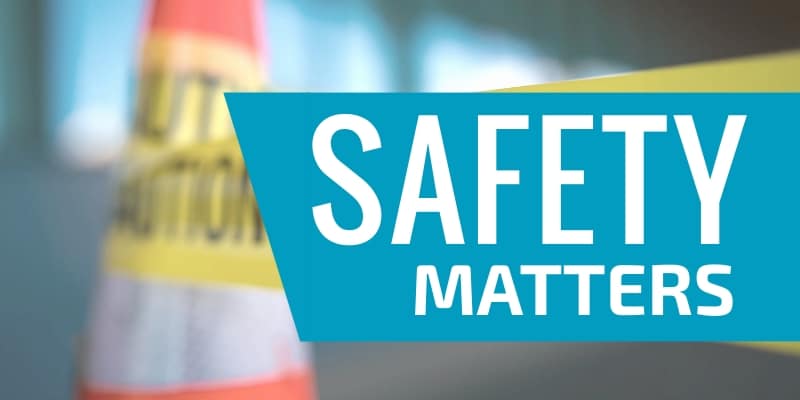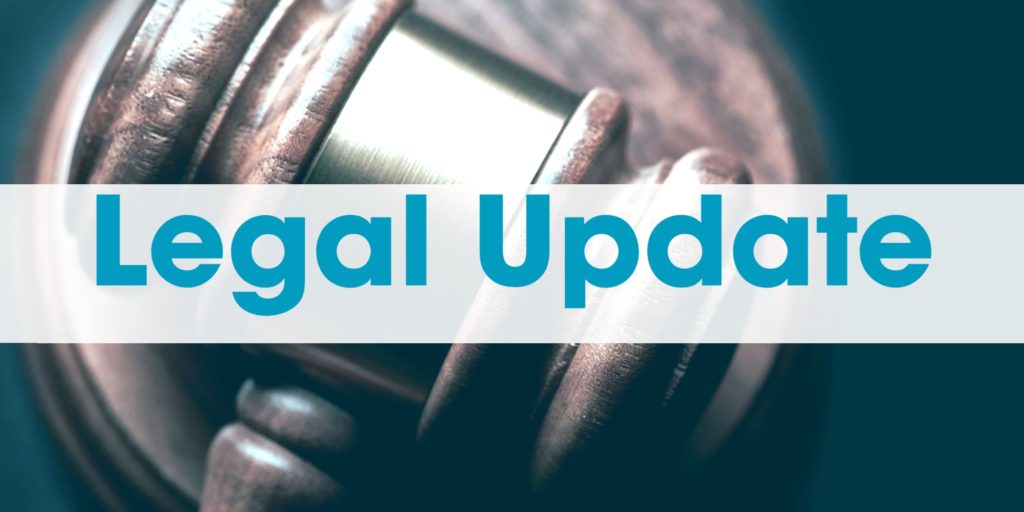 Coronavirus Disease 2019 (COVID-19) is a respiratory disease caused by the SARS-CoV-2 virus. It has spread from China to many other countries around the world, including the United States. Depending on the severity of COVID-19’s international impacts, outbreak conditions—including those rising to the level of a pandemic—can affect all aspects of daily life, including travel, trade, tourism, food supplies, and financial markets.
Coronavirus Disease 2019 (COVID-19) is a respiratory disease caused by the SARS-CoV-2 virus. It has spread from China to many other countries around the world, including the United States. Depending on the severity of COVID-19’s international impacts, outbreak conditions—including those rising to the level of a pandemic—can affect all aspects of daily life, including travel, trade, tourism, food supplies, and financial markets.
To reduce the impact of COVID-19 outbreak conditions on businesses, workers, customers, and the public, it is important for all employers to plan now for COVID-19. For employers who have already planned for influenza pandemics, planning for COVID-19 may involve updating plans to address the specific exposure risks, sources of exposure, routes of transmission, and other unique characteristics of SARS-CoV-2 (i.e., compared to pandemic influenza viruses). Employers who have not prepared for pandemic events should prepare themselves and their workers as far in advance as possible of potentially worsening outbreak conditions. Lack of continuity planning can result in a cascade of failures as employers attempt to address challenges of COVID-19 with insufficient resources and workers who might not be adequately trained for jobs they may have to perform under pandemic conditions.


 Coronavirus Disease 2019 (COVID-19) is a respiratory disease caused by the SARS-CoV-2 virus. It has spread from China to many other countries around the world, including the United States. Depending on the severity of COVID-19’s international impacts, outbreak conditions—including those rising to the level of a pandemic—can affect all aspects of daily life, including travel, trade, tourism, food supplies, and financial markets.
Coronavirus Disease 2019 (COVID-19) is a respiratory disease caused by the SARS-CoV-2 virus. It has spread from China to many other countries around the world, including the United States. Depending on the severity of COVID-19’s international impacts, outbreak conditions—including those rising to the level of a pandemic—can affect all aspects of daily life, including travel, trade, tourism, food supplies, and financial markets. As business closures increase due to the COVID-19 pandemic, employers are faced with questions about compensation and health benefit coverage for their employees. Government relief measures may provide compensation for businesses and individuals in certain situations. In other cases, existing rules on employee rights will apply.
As business closures increase due to the COVID-19 pandemic, employers are faced with questions about compensation and health benefit coverage for their employees. Government relief measures may provide compensation for businesses and individuals in certain situations. In other cases, existing rules on employee rights will apply. On March 24, 2020, the U.S. Department of Labor’s (DOL) Wage and Hour Division (WHD) issued guidance explaining the paid leave requirements under the federal Families First Coronavirus Response Act (FFCRA).
On March 24, 2020, the U.S. Department of Labor’s (DOL) Wage and Hour Division (WHD) issued guidance explaining the paid leave requirements under the federal Families First Coronavirus Response Act (FFCRA).